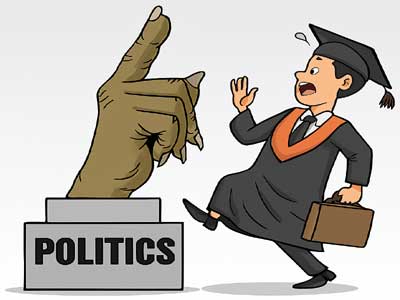Domestic firms win more patent battles in court than foreign businesses, new research from ESSEC Business School has found.
The study examined whether multinational companies face a bias in court compared to domestic firms, using data from over 58,000 intellectual property lawsuits entering US federal district courts between 1983 and 2016.
Over the 33 years, domestic patent holders and challengers were more successful than foreign multinationals. They are 10 per cent more likely to successfully defend their patents in lawsuits against foreign firms when compared to similar disputes against other domestic firms.
Meanwhile, foreign patent holders are 14 per cent less likely to win against domestic challengers compared to similar disputes against other foreign firms.
Undertaken by Srividya Jandhyala, associate professor of management at ESSEC Business School, along with Anand Nandkumar at the Indian School of Business and Arnab Choudhury at Columbia University, the study also discovered that, in cases involving multinational firms, court rulings were more likely to exhibit nationalistic rhetoric, and that a judge's political ideology can influence the chances of success for the firm.
“Politicians and regulators often favour domestic businesses over foreign firms due to nationalism. But, what about courts? They are supposed to be neutral and independent from political and public opinion. However, as this study highlights, legal courts can be, and often are, an additional source of economic nationalism,” says Dr Jandhyala.
“Domestic firms have a greater likelihood of success in legal cases. Combined with the nationalist rhetoric in court rulings about cases involving multinational firms, it’s clear that the legal system, too, can serve as a barrier to success for foreign companies,” she adds.
The paper, Economic Nationalism and the Home Court Advantage, has been published in the Strategic Management Journal.


















Related Items
Evolving dynamics of domestic violence in India
Family firms are less likely to license their patents
Financial services firms unable to benefit from AI